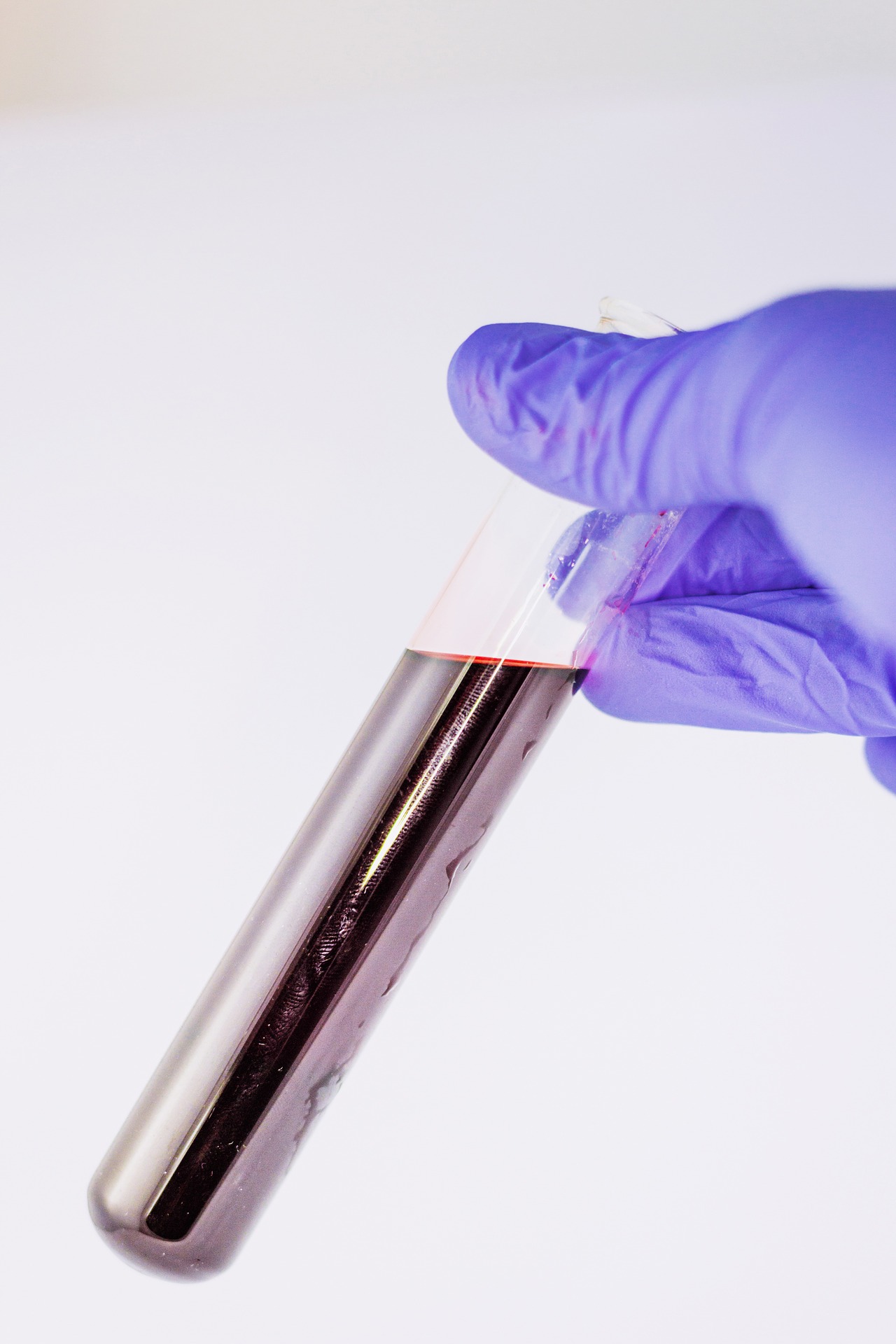
Ever since a $289 million verdict against Monsanto that was literally discussed around the world, several prominent cities have considered passing resolutions to ban the glyphosate herbicide that was at issue in the lawsuit. In the lawsuit, a California groundskeeper alleged that his non-Hodgkin’s lymphoma cancer was caused by exposure to Monsanto’s Roundup product.
The lawsuit relied on findings from the World Health Organization’s 2015 report that indicated glyphosate is a likely carcinogen. Increasingly, cities are now responding to a renewed debate on the health risks of glyphosate. Miami Beach, for its part, has now chosen to pass a resolution that bans herbicides containing glyphosate.
A Closer Look at the Miami Beach Glyphosate Ban
Citing a concern for the safety of Miami Beach residents and city employees alike, the Miami Beach Commission chose to unanimously approve its ban on weed killers that contain the glyphosate herbicide. Miami Beach Commissioner Ricky Arriola hailed the move, reiterating the World Health Organization findings that glyphosate is a likely carcinogen. However, Arriola went one step further by calling glyphosate a "known carcinogen", while also adding it is important for fathers like himself to know that children who are playing at Miami Beach playgrounds will not be harmed by glyphosate.
After the resolution passed, the city manager of Miami Beach now has the authority to ban glyphosate by all city employees. Additionally, contractors who perform maintenance or landscaping on properties owned by Miami Beach will also be prevented from relying on glyphosate.
What Are the Health Risks of Glyphosate?
Given Miami Beach’s decision, it is important to realize that the area is far from alone. Indeed, thirteen countries have placed limitations on the herbicide or even banned glyphosate outright, including leading nations such as:
- Australia
- Canada
- England
- France
- Germany
- Greece
- Spain
- Sweden
Domestically, California has chosen to place glyphosate on its Proposition 65 list of chemicals and substances that are known to cause cancer. Other areas in the United States have chosen to go pesticide-free, serving as a reminder that glyphosate is under increased scrutiny in many parts of the country.
Talk to a Roundup Cancer Lawyer at The Ledger Law Firm
The Ledger Law Firm is a nationally recognized law firm that is currently reviewing glyphosate cancer claims in order to help deserving victims recover the compensation that is owed to them. There are numerous studies that connect glyphosate to causing a number of cancers, including non-Hodgkin’s lymphoma.
If your non-Hodgkin’s lymphoma or multiple myeloma diagnosis was potentially caused by repeated exposure to Roundup or another glyphosate herbicide, our team is ready to review your claim and fight for your right to receive deserved compensation.
Contact us online for a legal consultation to discuss the facts of your legal claim with a Roundup cancer lawyer at The Ledger Law Firm today.







